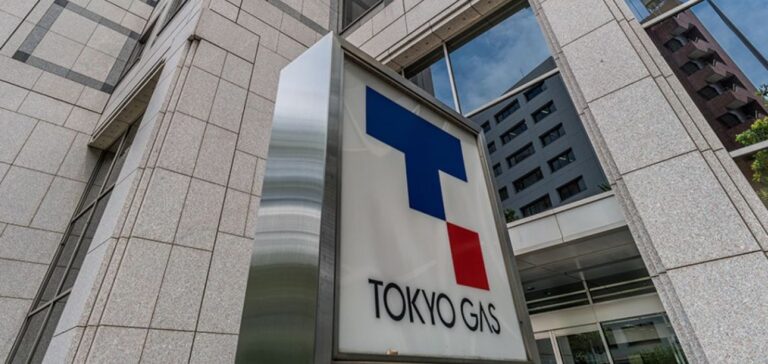H2U Technologies and Tokyo Gas Co. signed a multi-year joint development agreement to discover innovative catalysts and develop techniques to apply them on membranes. This collaboration aims to reduce the cost of proton exchange membrane (PEM) electrolyzers using H2U’s proprietary Catalyst Discovery Engine™ (CDE™).
Affordable catalysts for PEM electrolyzers
Energy providers and manufacturers around the world are looking to increase the production of electrolyzers, especially for PEM electrolyzers that are ideal for producing “green” hydrogen from renewable energy sources such as wind and solar. However, the use of precious metals such as iridium, a very expensive and rare element, is a major obstacle. Through their collaboration and the use of H2U’s CDE, Tokyo Gas aims to develop high performance, low cost, non-iridium coated catalysts and membranes. These catalysts will be made of abundant materials costing a fraction of the price of the precious metals used today. H2U scientists then use artificial intelligence and machine learning to refine the search for optimal catalyst materials.
The CDE, an opportunity for the development of green hydrogen
By collaborating with H2U and using CDE, Tokyo Gas intends to develop efficient and affordable catalysts to accelerate the production of green hydrogen. The objective of Tokyo Gas is to use the hydrogen produced by electrolysis directly or for the manufacture of e-methane. According to Dr. Hisataka Yakabe, Executive Officer and Director of Tokyo Gas, said the collaboration with H2U scientists is an opportunity to develop new low-cost electrocatalyst compounds. For his part, Mark McGough, CEO of H2U Technologies, says their collaboration will enable Tokyo Gas to quickly discover new materials to produce renewable hydrogen at affordable costs.
H2U Technologies and Tokyo Gas have signed a joint development agreement to discover new efficient, effective and affordable catalysts for PEM electrolyzers. This collaboration will enable Tokyo Gas to increase the production of green hydrogen using abundant and inexpensive materials, thereby meeting CO2 emission reduction targets.






















